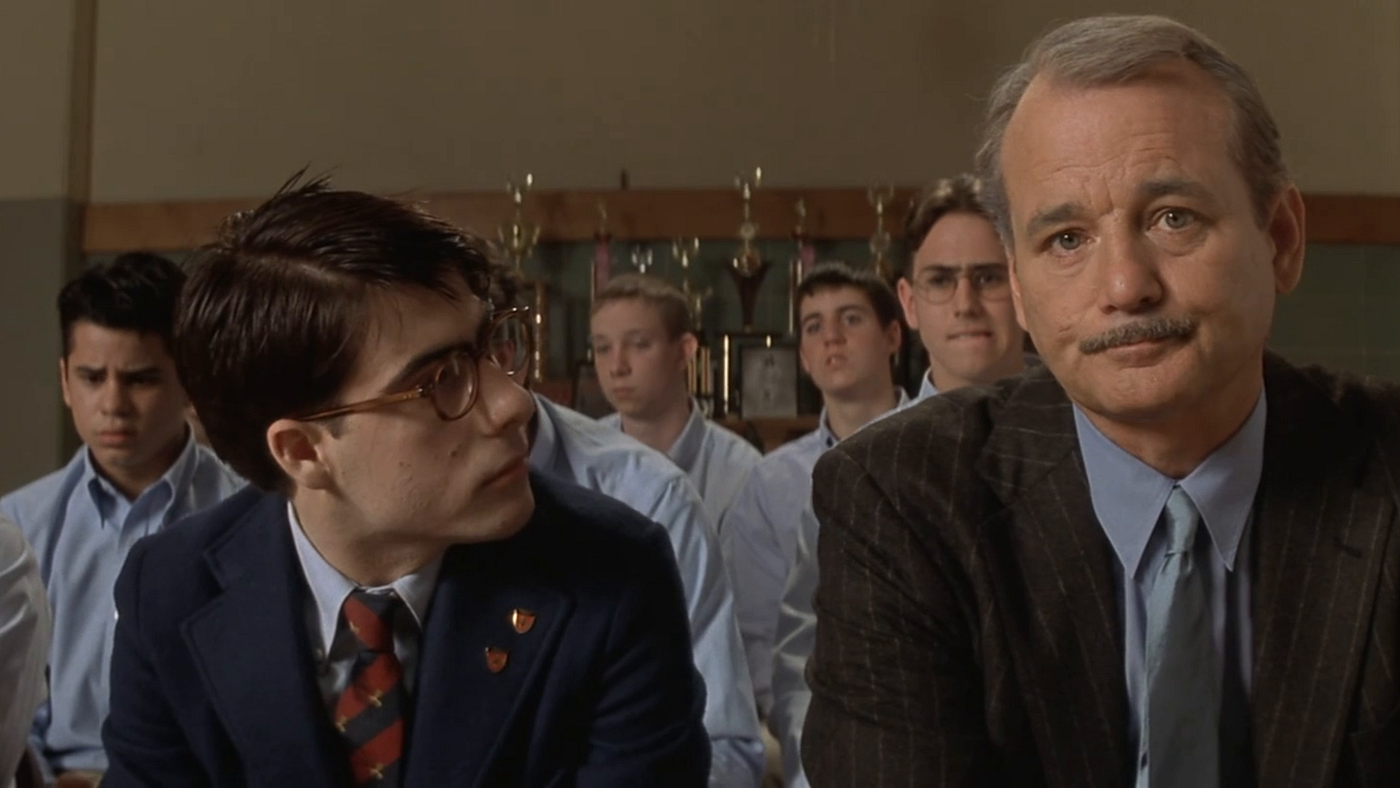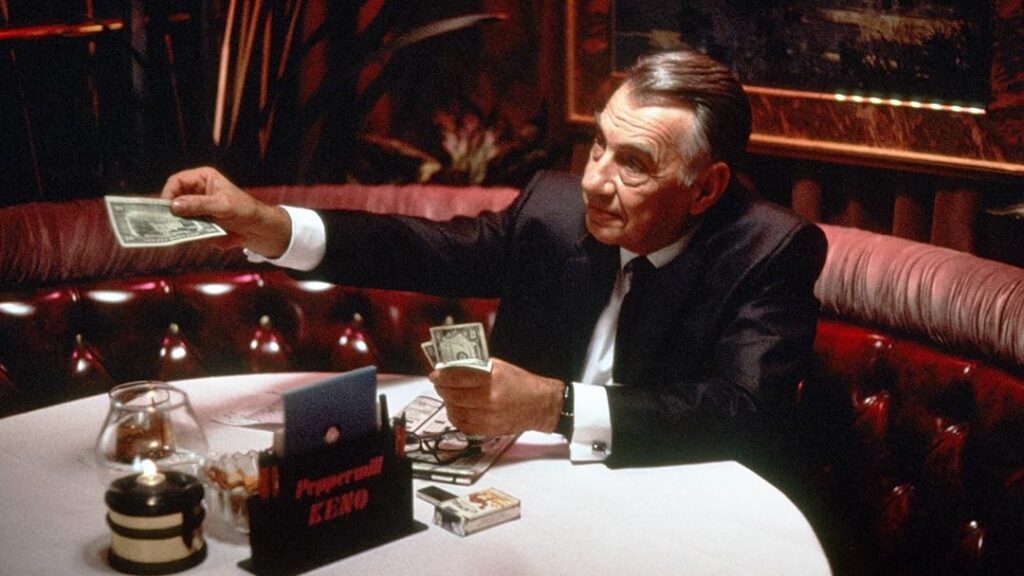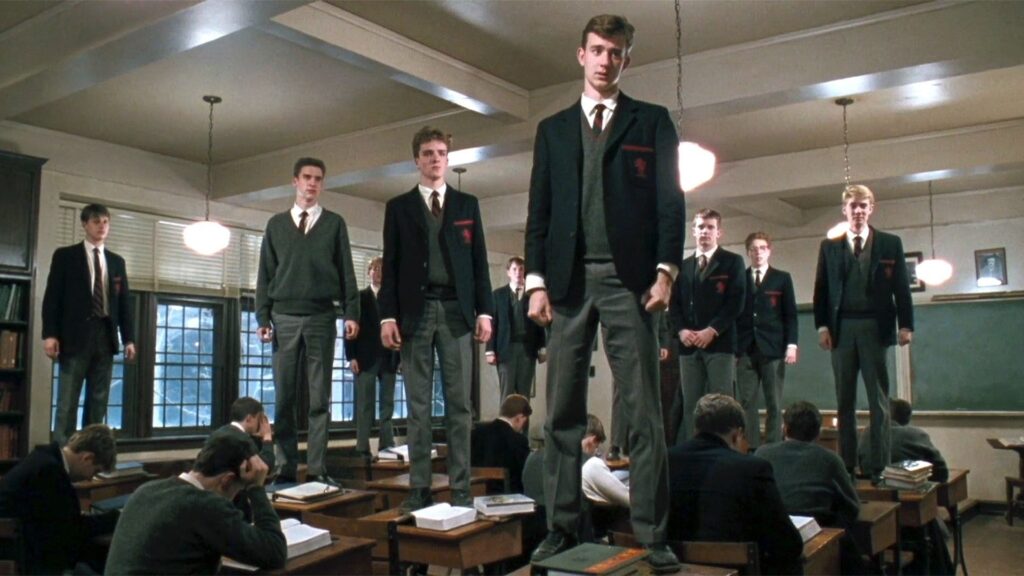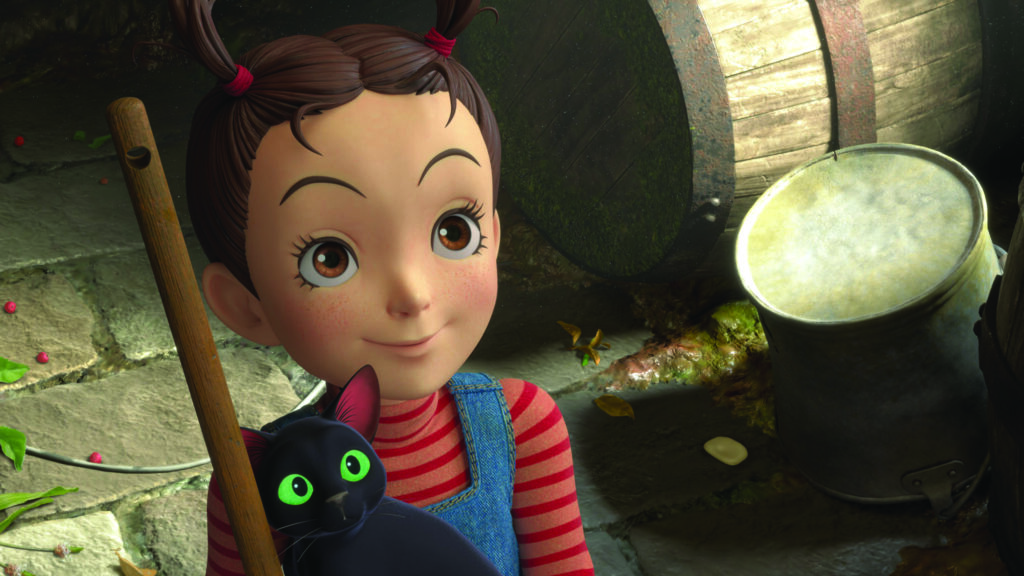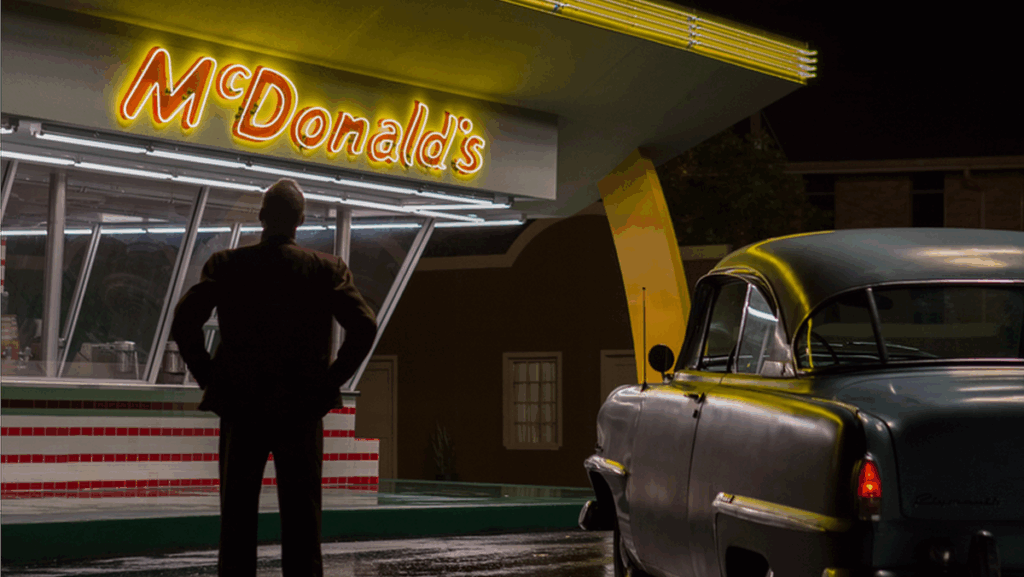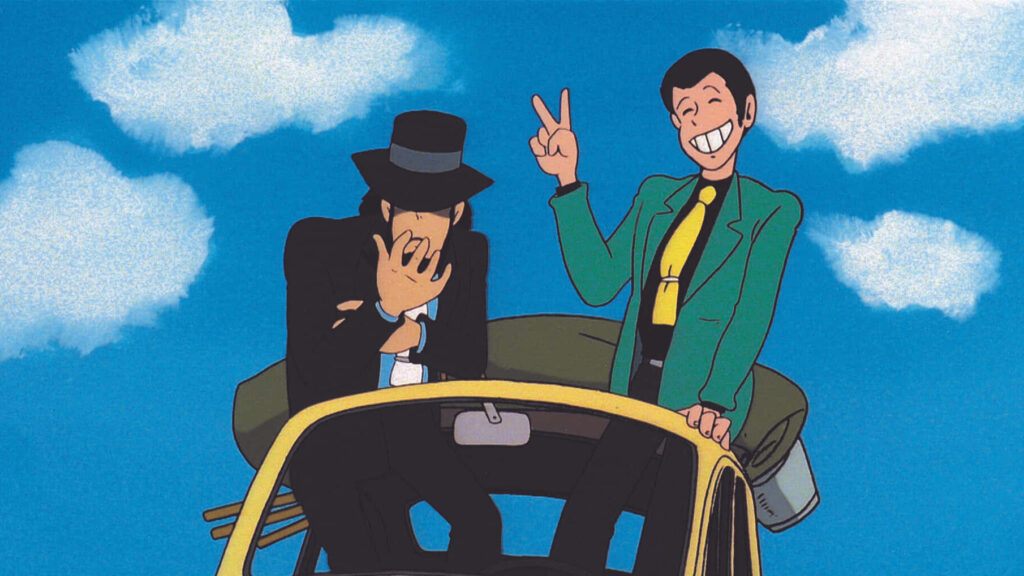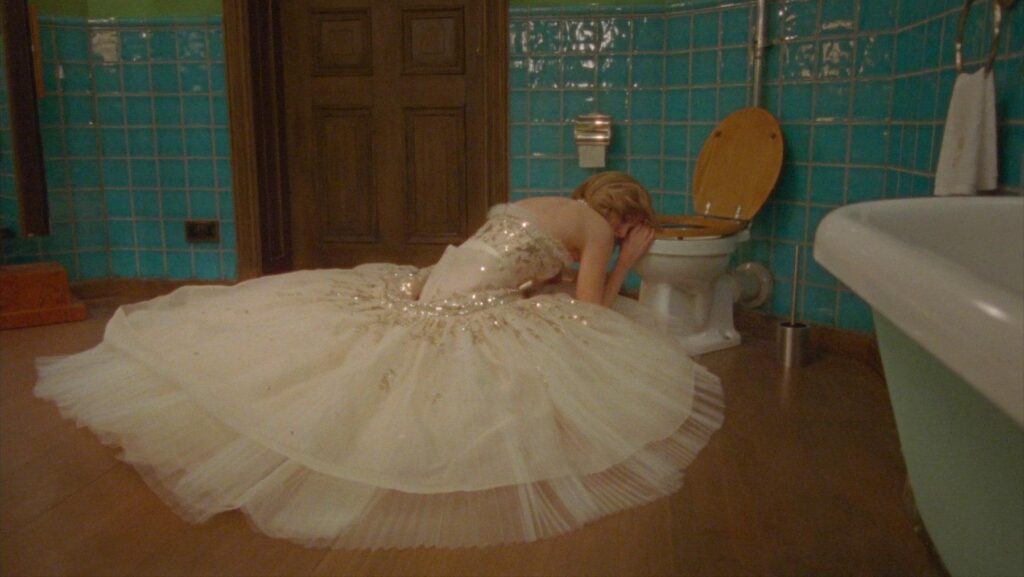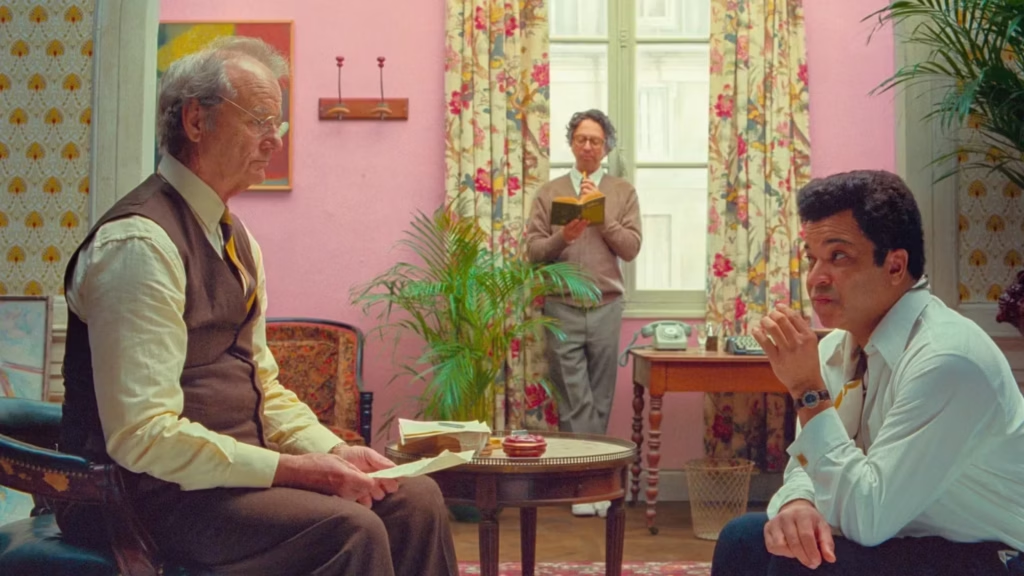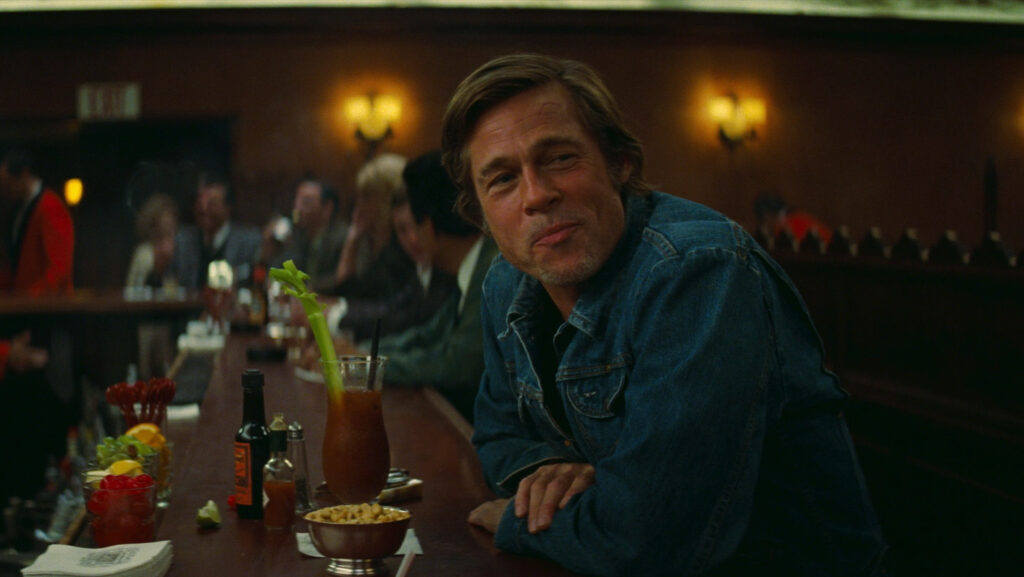I’m not so sure about how Anderson’s second feature handles its narcissistic protagonist.
It has often been a point of contention between viewers of Wes Anderson films that the director values style over substance; taking precedence with cutesy visuals over complex character writing. It’s not an issue I find myself having while watching his films, as I find the witty dialogue and creative presentation satisfies me more than enough to care (or to even consider it part of his intent). However, for those people who do take exception with that aspect of his films, I don’t think any of them can deny its absence in Anderson’s second feature, Rushmore.
Rushmore, while still featuring the snappy exchanges, symmetrical cinematography, hyperreality and general perfectionism Anderson is known for, demonstrates an uncomfortable realism during character exchanges not seen in his later, more archetypal work. In films like The Grand Budapest Hotel, each character communicates with an exact intent and perfect timing, while in Rushmore, discourse is less controlled and, as a result, exhibits sincerity.
As for those characters however, I’m not too sure about how some of them are handled. Specifically our protagonist, Max. As we move along in the story, Max gradually shows more apparent signs of narcissistic personality disorder (and potentially sociopathy), and while, at first, the film doesn’t act for a moment as though his behavior is okay, by the end, the script acts as though he’s been redeemed despite a lack of change in nature. In the final 30 minutes of the film, having manipulated, lied, driven a man to juvenile retaliation tactics, sexually harassed, and generally been an asshole and a creep, everyone he’s hurt either directly or indirectly forgives him. Because… he’s bettered himself?
One could say he’s moved on from Mrs. Cross by his Vietnam play, but to me, it seems as though his control of the seating plan was a ploy on his part to simulate maturity, and, in his mind, a way to get her back.
One could also argue that the film doesn’t redeem the character, but instead portrays the story from his warped perspective, seeing him become gradually more and more deluded as the film goes on. By the end, in his eyes, he’s grown and matured, despite not having changed at all; his sociopathic view of the world may have even been strengthened. And to that, I’d have to bring up the film’s sincerity again. The presentation, as well as the dialogue, is very honest with itself and gives no hints that what we see is a falsehood. With Anderson’s wide angles and Max-vacant scenes, this story certainly feels as though it’s communicated without bias. If Max is intended to be an unreliable narrator, the film certainly doesn’t communicate that successfully.
I find it unfortunate that the presentation doesn’t reflect the indications of delusion found in the script. So much about the sequence of events implies such a perspective. Magnus enthusiastically agreeing to star in Max’s play after having been shot. Mrs. Cross repeatedly opening up to Max after escalating creepy behaviour. Margaret Yang falling head over heels for Max. All of this could create a very intelligent “peek into the mind of a sociopath”-type story, but, as it happens, Anderson seems to have misunderstood his and Wilson’s own script.
Then again, he saved Latin so maybe he’s not all bad.
